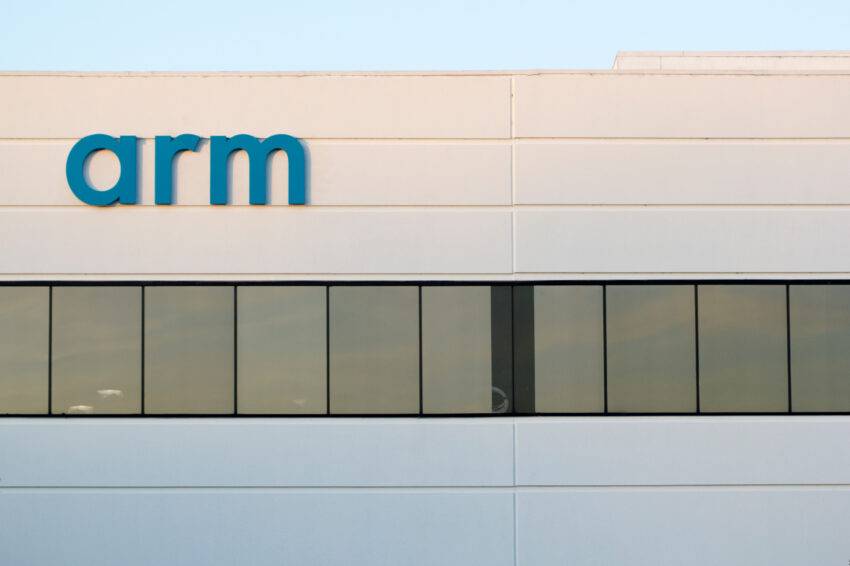
Tech company Amazon is in talks to become an anchor investor in the upcoming stock market flotation of British microchip designer Arm.
Arm is planning to list on New York’s Nasdaq exchange in early September and is reportedly targeting a valuation of $70bn in what could be the biggest stock market debut of the year.
Amazon is among several tech companies to have discussed investing in the initial public offering (IPO) and is considering becoming Arm’s anchor investor, Reuters reported.
Arm, which is based in Cambridge and owned by Japanese tech investor SoftBank, has also attracted interest from Apple, Samsung and Nvidia, the world’s most valuable semiconductor company, which was forced to pull out of a $66bn (£51bn) deal to buy Arm last year over competition concerns.
Amazon’s potential involvement in the IPO demonstrates Arm’s significance in cloud computing. Amazon Web Services, the cloud business owned by the online retail behemoth, already makes its own processing chip called Graviton using Arm’s designs.
Earlier this year, Arm was also in talks with its biggest customers about investing in its IPO, including Intel, Google owner Alphabet, Apple, Microsoft, TSMC and Samsung Electronics. Arm reportedly plans to sell each of them “a few per cent” of the stock.
The IPO is expected to be a boon for SoftBank, which on Tuesday reported a surprise loss at Arm in the three months to the end of June.
Arm, a former FTSE 100 company, fell into the red in the last quarter as a slowdown in demand for semiconductors hit sales.
Arm, which was bought by SoftBank for $32bn in 2016, is said to be aiming to raise $8bn to $10bn through the IPO.
SoftBank said sales at Arm had fallen 11.3% to 88.5bn yen (£487m) in the three months to 30 June and it had recorded a net loss of 9.51bn yen during the same period.
The wider SoftBank business posted a loss of 477.6bn yen, lower than the loss of 3.16tn yen a year previously.
SoftBank’s Vision Fund, a good indicator of health in the tech sector, booked an investment gain of 159.8bn yen.
The surprise loss by Arm is thought to be due to the higher expenses as a result of stock compensation schemes and more staff being hired to look into research and development.